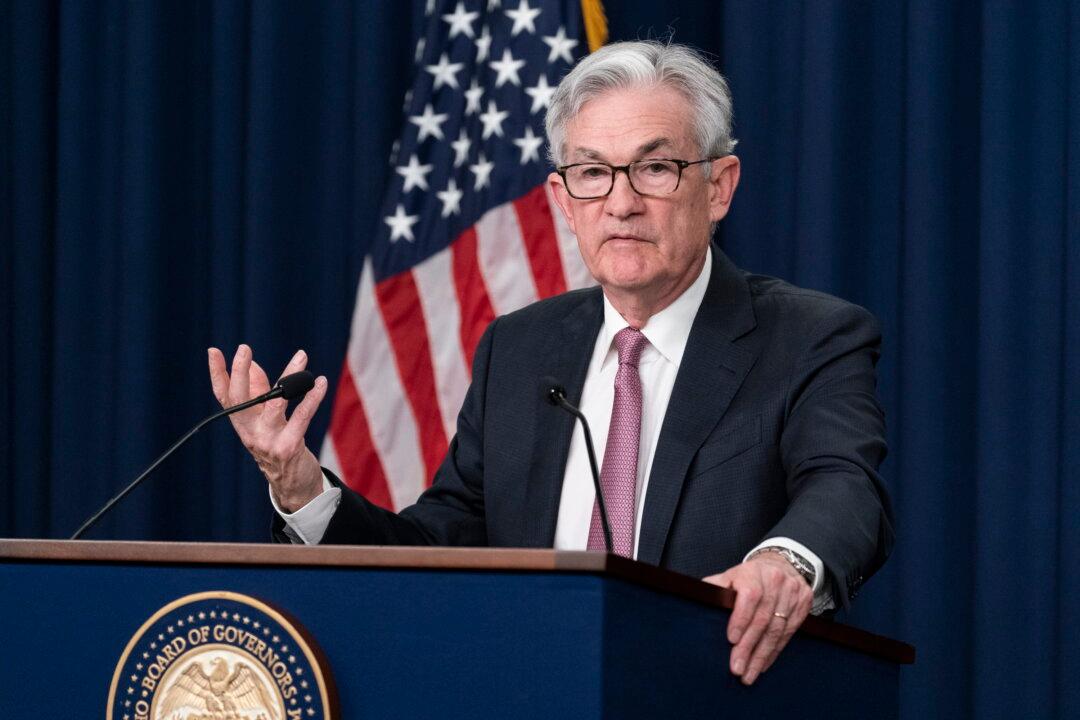Analysts at Deutsche Bank said in a recent note that the Federal Reserve’s fight to crush inflation could send the unemployment rate as high as 6 percent by the end of 2023, equivalent to around 4 million Americans losing their jobs.
After initially downplaying rising inflation as a “transitory,” an embarrassed Fed has moved aggressively to tighten monetary settings and stamp out surging price pressures.





